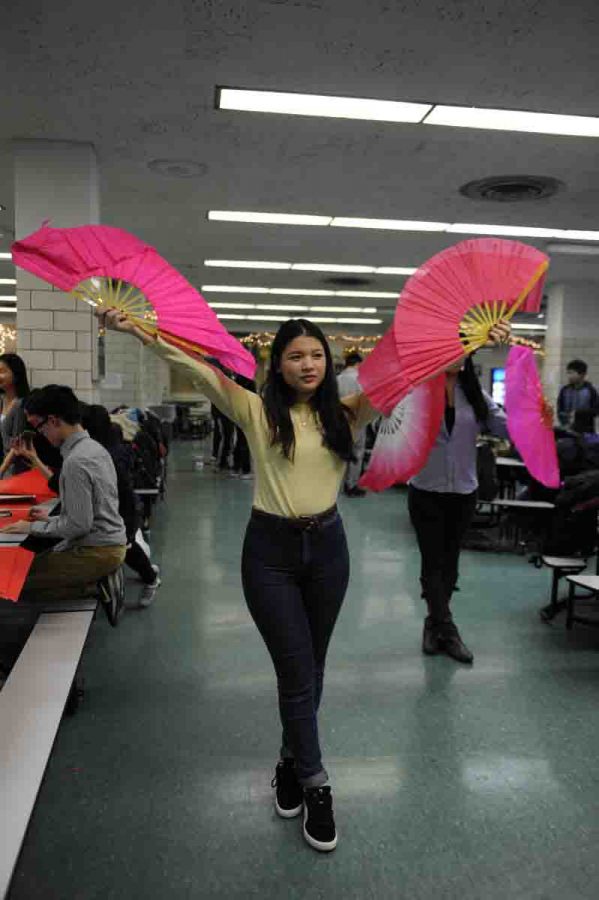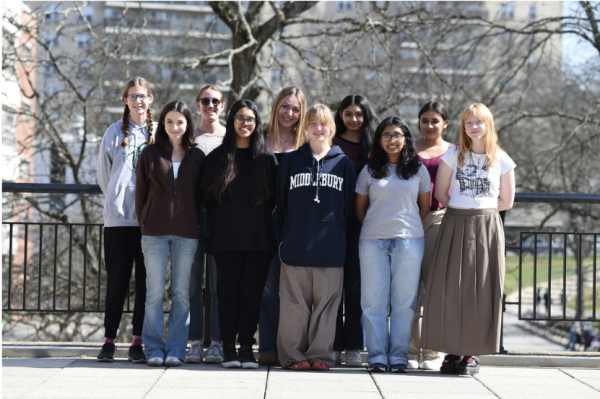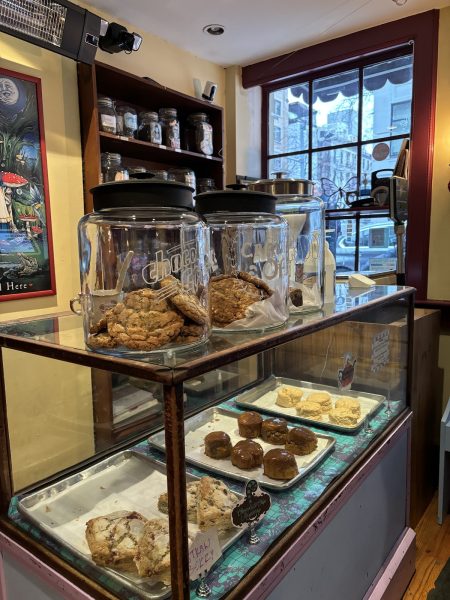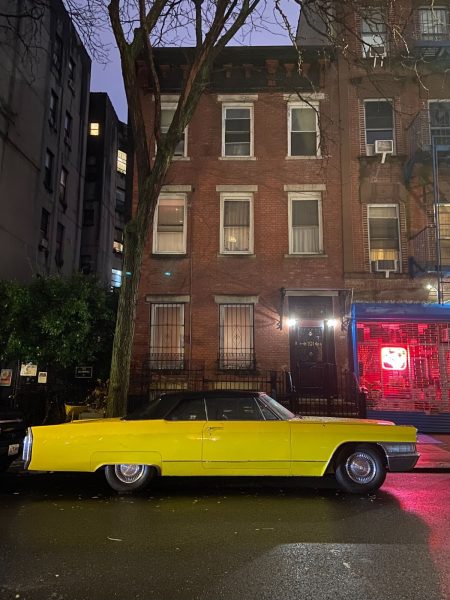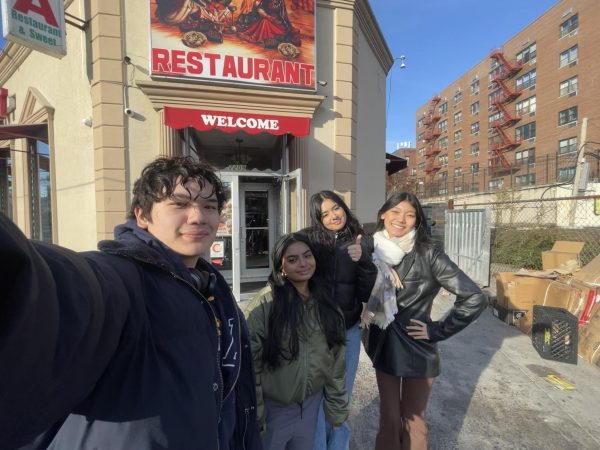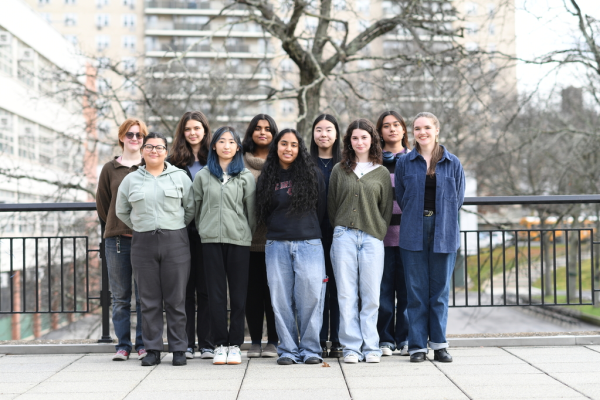Ringing in the Lunar New Year
2017 has already made its debut, and so has the Year of the Rooster. The Lunar New Year was held on January 28th, 2017, and this year, the rooster is taking its turn on the zodiac cycle.
The Lunar New Year is a holiday typically celebrated by Asian countries that follow the lunar calendar. As it does in Western cultures, this New Year signifies new beginnings and the start of another prosperous year. Some traditions that are practiced aim to bring good luck to the new year.
Though different cultures have slight variations of this day, it is typical to gather with close family and friends, to pay respects to ancestors, to eat a multitude of different traditional food dishes, and of course, to receive red envelopes filled with crisp dollar bills.
For Deborah Ruiz ’17, the Lunar New Year means family gatherings and traditions. “During the Lunar New Year, my Korean family and I usually gather at my aunt’s house. We eat Korean rice cakes and dumpling soup since it’s a Korean tradition. The younger members of our family (including me) give our respects to the elders by bowing down to them and wishing them a happy new year. They then give us their blessings, wish us a happy new year, and give us envelopes with money,” said Ruiz.
At Bronx Science, this holiday is celebrated by the majority of the student body.
“Our culture is something that can be enjoyed by people of all backgrounds.”
For Koyuki Yasui ’17, the school does not play that much of a role in her celebration. “I feel like the holiday has turned into a more personal family celebration rather than with friends in school. It is centered on family above all,” said Yasui.
The school’s Lunar New Year Club is familiar with this feeling and has worked hard to change this aspect of the holiday. The club produces a show every year at Bronx Science, in order to honor the Lunar New Year and Asian culture in general.
Although the production is usually held later in the year than the actual Lunar New Year, the show still remains a staple in expressing many of our students’ Asian culture through performance.
“It’s important to have this type of cultural performance, because it teaches other members of our student body that our culture is something that can be enjoyed by people of all backgrounds. It allows us to express our love for our own heritage and to keep close ties with our cultural roots,” said Co-President Deborah Ruiz, ’17.
Emily Yu is an Editor-in-Chief of The Observatory and a Staff Reporter for the Science Survey. Emily likes journalism because she likes to stay updated...

